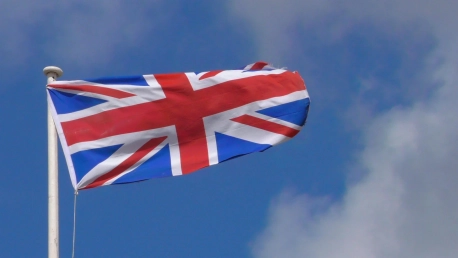The UK is leading the charge in fortifying cybersecurity by introducing pioneering standards for smart devices. As the Internet of Things (IoT) increasingly intertwines with daily life, these new laws mark a concerted effort to protect against a rising tide of cyber risks. By becoming the first nation to mandate baseline security measures for smart devices, the UK is taking a decisive stance in the global fight for cyber safety. These important regulations will require manufacturers to adhere to essential security guidelines, setting a precedent that could reshape how countries around the world approach the security of connected technologies. The move emphasizes the growing importance of cybersecurity in an age where smart devices are ubiquitous and often vulnerable to attacks. It underlines the necessity for regulation in this sector, potentially influencing international cyber defense strategies.
Sweeping Changes to Device Security
The cybersecurity measures introduced are comprehensive, abolishing universal and predictable default passwords, an infamous weak link in the security chain. This is critical as it bars the use of easy-to-hack passwords, an enabler of cyber break-ins. A remarkable aspect of the legislation is the requirement for device manufacturers to offer a public point of contact to report security vulnerabilities, creating an open line of communication that encourages prompt resolution of potential threats. Furthermore, the laws stipulate a clear directive on the lifespan of security updates, providing consumers with the certainty that their devices will remain protected for a defined period.The UK government has drawn these conclusions from high-profile incidents such as the Mirai botnet attack of 2016 and ensuing disruptions to major British banks, which exposed the brittle security of many interconnected devices. Official figures underscore the ubiquity of smart devices, with virtually every adult in the UK owning at least one and the average household containing approximately nine such devices. Support for stronger safeguards is further substantiated by consumer watchdog reports, revealing thousands of attempted hacks due to weak default passwords.
A Pledge for Cyber Safety from Leadership
Under the leadership of Viscount Camrose, the UK’s Minister for Cyber, Britain aspires to create the safest online environment globally. New security measures promise heightened protection for users’ privacy and financial data. Supporting this initiative, Julia Lopez, the Minister for Data and Digital Infrastructure, suggests that reinforced trust in smart device security could boost usage. The UK’s Office for Product Safety and Standards (OPSS) and the National Cyber Security Centre (NCSC) will spearhead the compliance efforts. OPSS’s Graham Russell and NCSC’s Sarah Lyons highlight the legislation’s benefits, encouraging businesses to comply and consumers to be vigilant with smart devices. This move establishes the UK as a forerunner in combating cyber threats and emphasizes a collective endeavor among stakeholders to enhance device security within the digital domain. The UK is setting an international precedent for cyber safety and highlighting the need for a united front against cybercrime.









